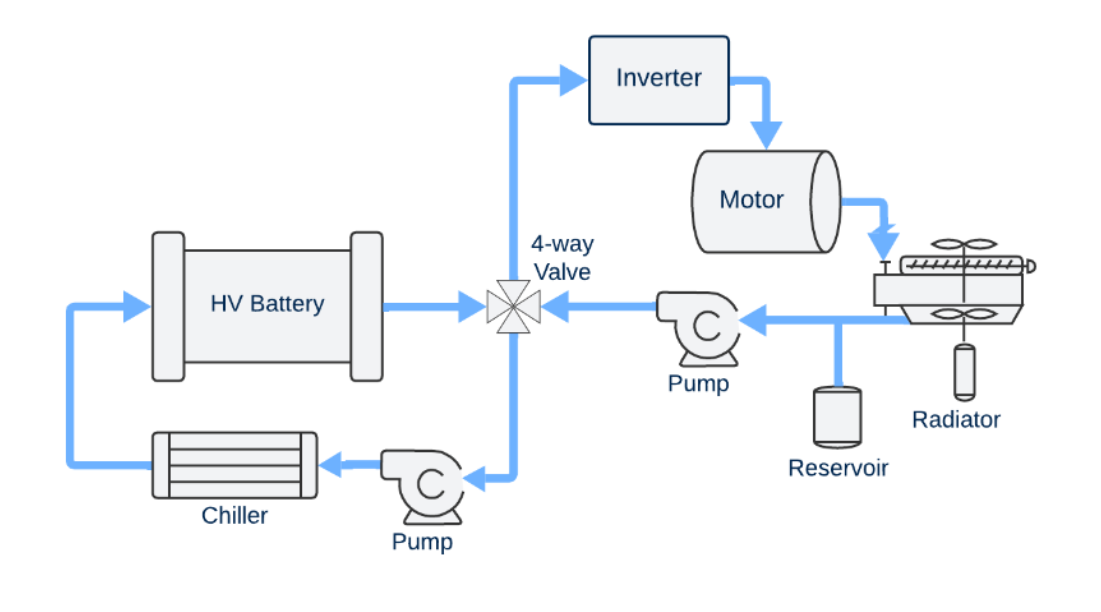Johns Hopkins scientists unveil MIGHT, a more dependable AI framework for early cancer detection
Two independent studies from the Johns Hopkins Kimmel Cancer Center, the Ludwig Center, and the Whiting School of Engineering describe a powerful artificial intelligence (AI) approach that improves the accuracy and reliability of clinical decision-making tools. The method, called MIGHT (Multidimensional Informed Generalized Hypothesis Testing), is designed to handle complex biomedical datasets where sample sizes are limited but the variables are many—a common scenario where standard AI systems often fail.
Researchers demonstrated MIGHT by developing a blood-based screening test for cancer using circulating cell-free DNA (ccfDNA). By analyzing the DNA fragments present in blood samples from 1,000 individuals—352 with advanced cancers and 648 without—MIGHT achieved 72% sensitivity at 98% specificity, striking an essential balance between detecting true cancers and avoiding false alarms. A companion tool, CoMIGHT, further improved detection by combining multiple biological signals, particularly useful for early-stage cancers such as breast and pancreatic tumors.
In parallel, investigators found that ccfDNA fragmentation patterns, previously thought to be cancer-specific, also occur in autoimmune and vascular diseases such as lupus, systemic sclerosis, and venous thromboembolism. To minimize misclassification, the team retrained MIGHT to incorporate inflammatory biomarkers, reducing—but not eliminating—false positives.
These findings underscore both the promise and complexity of deploying AI in medicine. Beyond oncology, MIGHT can be applied to any data-intensive field where quantifying uncertainty is essential, from biology to astronomy. Researchers stress that AI results should complement—not replace—clinical judgment and call for additional trials to validate these technologies.
MIGHT and CoMIGHT are now freely available at treeple.ai, offering a new standard for trustworthy AI-driven diagnostics.








